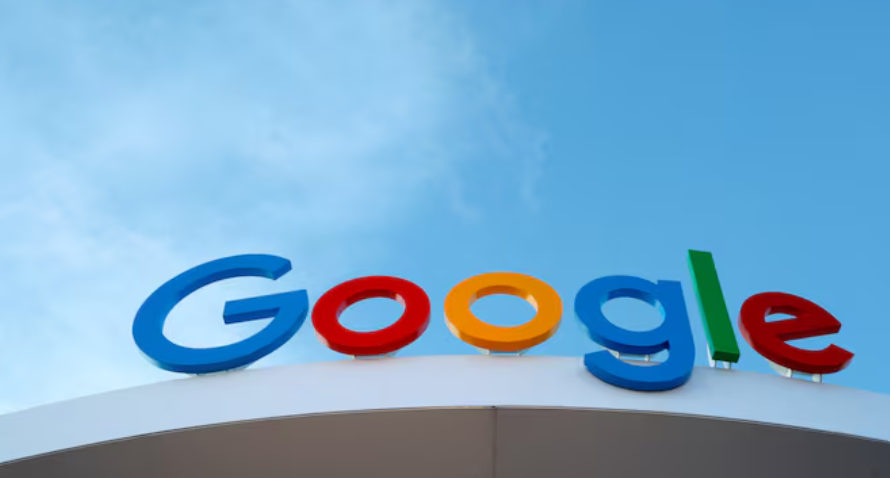In court on Friday, Google and the U.S. Justice Department clashed over allegations that Google’s Alphabet unit unlawfully schemed to dominate search advertising. Closing arguments were presented in a case the government asserts could shape the “future of the internet.”
District Judge Amit Mehta in Washington grilled both sides with questions.
Do competitive platforms such as ByteDance’s TikTok and Meta’s Facebook and Instagram serve as competitive substitutes for search advertising dollars?
Mehta emphasized that platform “substitutability” for advertisers is a central issue the court must resolve as he prepares to render a major decision in the coming months on whether Google’s conduct broke antitrust law.
The judge also questioned whether Google assesses competitors’ pricing before making its own adjustments. Google’s advertising business accounts for about three-quarters of its revenue.
U.S. government lawyer David Dahlquist argued that “advertising revenue is what drives Google’s monopoly power today.” He asserted that Google boasts it has no real market pressure, claiming that the company does not fear increasing its pricing or not improving its products. “Only a monopolist can make a product worse and still make more money,” Dahlquist argued.
Google’s lawyer John Schmidtlein countered that Google’s share of U.S. digital advertising revenue has steadily decreased. He highlighted the advertising power of rival platforms such as ByteDance’s TikTok, Meta’s Facebook and Instagram, and Amazon. Schmidtlein argued that Google is “constrained” by rival platforms “where the eyeballs are” because advertisers know there are overlapping audiences and can spend dollars away from Google.
He also asserted that Google continually moves to innovate its search advertising products. “If Google is a monopolist, why improve anything? Why not just jack the price up?” he told the court.
Abuse of power?
The Justice Department has pursued Google in a trial that began on September 12, alleging that the search engine giant is a monopolist that illegally abused its power to boost profits.
Witnesses from Verizon, Android maker Samsung Electronics, and Google itself testified about the company’s annual payments – $26.3 billion in 2021 – to ensure that its search is the default on smartphones and browsers, and to maintain its dominant market share.
Mehta is expected on Friday to consider the government’s claim that Google intentionally destroyed internal documents relevant to the lawsuit. The government wants Mehta to presume that Google deleted chats that were unfavorable to the company. Google has defended its data preservation practices, calling them reasonable, and urged the court not to sanction the company.
The court is not anticipated to issue an oral ruling at the conclusion of the argument.
This case, filed by former President Donald Trump’s administration, was the first of five aimed at reining in the market power of tech leaders. The second, against Facebook parent Meta, was also filed during the Trump administration. President Joe Biden’s antitrust enforcers have followed with a second case against Google and cases against Amazon.com and Apple Inc.

